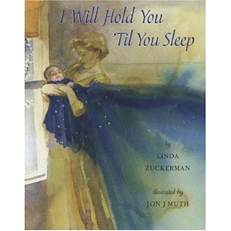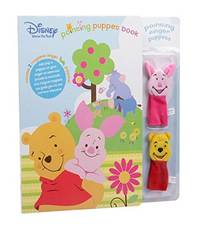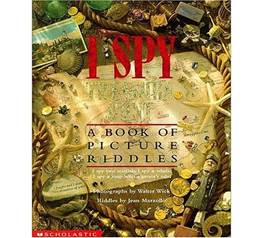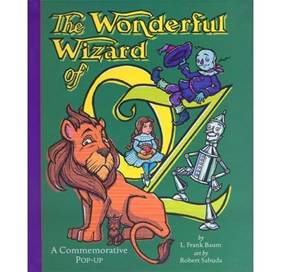题目内容
Writing:about 150 words
如今在上海的许多学校中,为提高学生各方面的素养而开设了多种选修课程;有的学校甚至还开出了“学说上海话选修课程”,就这个话题请你谈谈你的看法。
略

O. Henry was a pen name used by an American writer of short stories. His real name was William Sydney Porter. He was born in North Carolina in 1862. As a young boy he lived an exciting life. He did not go to school for very long, but he managed to teach himself everything he needed to know. When he was about 20 years old, O. Henry went to Texas, where he tried different jobs. He first worked on a newspaper, and then had a job in a bank, when some money went missing from the bank. O. Henry was believed to have stolen it. Because of that, he was sent to prison. During the three years in prison, he learned to write short stories. After he got out of prison, he went to New York and continued writing. He wrote mostly about New York and the life of the poor there. People liked his stories, because simple as the tales were, they would finish with a sudden change at the end, to the reader’s surprise.
【小题1】 In which order did O. Henry do the following things?
a. Lived in New York. b. Worked in a bank. c. Travelled to Texas.
d. Was put in prison. e. Had a newspaper Job. f. Learned to write stories.
| A.e. c. f. b. d. a | B.c. e. b. d. f. a | C.e. b. d. c. a. f. | D.c. b. e. d. a f. |
| A.they had surprise endings | B.they were easy to understand |
| C.they showed his love for the poor | D.they were about New York City |
| A.people thought he had stolen money from the newspaper |
| B.he broke the law by not using his own name |
| C.he wanted to write stories about prisoners |
| D.people thought he had taken money that was not his |
| A.He was well-educated. | B.He was not serious about his work. |
| C.He was devoted to the poor. | D.He was very good at learning. |
| A.His life inside the prison. | B.The newspaper articles he wrote. |
| C.The city and people of New York. | D.His exciting early life as a boy. |
根据短文内容,从下框的A-F选项中选出能概括每一段主题的最佳选项。选项中有一项为多余项。(注意:选E涂AB,选F涂AC)
| A.Think while you are reading B.Select a proper material C.Five suggestions for achieving better results D.Read loudly E.Read on F.Use a dictionary at a right time |
【小题1】( )
Don’t choose a rather difficult book or a too easy one for yourself to read. A book full of new words will make you feel discouraged quickly. To understand those new words, you have to turn to the dictionary quite often. .A too easy one will only waste your time and cannot do any help. The two extremes may at last make you give up reading. So it’s better for you to find a proper book with no more than five new words on each page.
【小题2】( )
If you come across a new word, do not look it up in a dictionary at once.Leave it alone and guess the meaning of it based on the content of the text. This ability is quite necessary in reading. If you know your guess is right later, you will be highly excited at your “success”, and your interest in reading is well encouraged. If a word really prevents you from understanding the whole passage, turn to the dictionary by then. I am sure you can remember this word very well, as it has left you such a deep impression for its “troublesome image”.
【小题3】( )
To comprehend what you are reading, you should think while you are reading, then form your own ideas. Your writing does not need to be quite formal but expressive. This practice can make you communicate with the original English authors. Day by day, your way of thinking in English will turn into a native way, which is quite important for English writing.
【小题4】( )
Language has its own beauty, no matter Chinese or English. Don’t merely take English as a “test”. Take it as an “entertainment” instead and you will enjoy it through learning. Maybe you should find some beautiful literary works such as a prose or a poem to read, if you like. Try to read them as loudly as you can. During this process, not only you can enjoy yourself by the great emotions of the writers, but also your pronunciation and your manner of speaking English will be improved.
【小题5】( )
The last but not the least, keep on reading. If you cannot keep it as a habit, you will suffer from paying without gaining.





